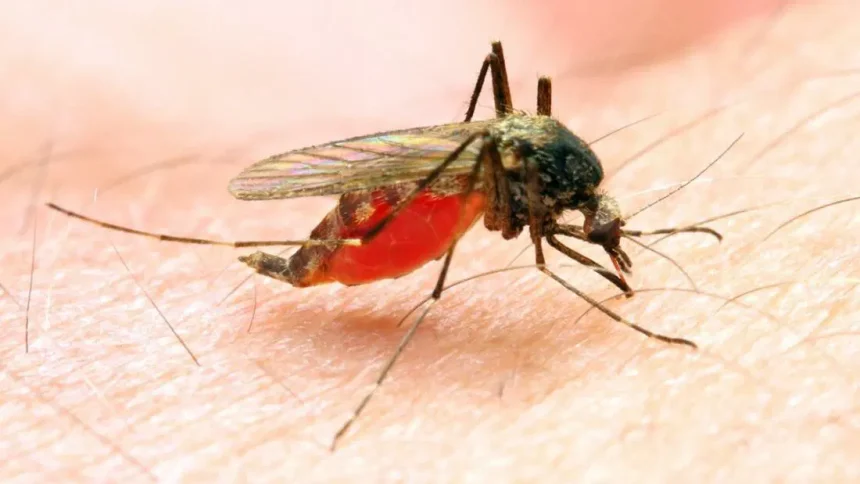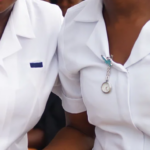Nigeria faces a severe malaria crisis, with nine citizens dying every hour from the disease while 97 per cent of the population suffers its effects, according to shocking revelations from the Society for Family Health.
The alarming statistics emerged during a media orientation session in Kano on integrated insecticide-treated nets and Seasonal Malaria Chemoprevention campaigns.
SFH’s Social and Behavioural Change Specialist, Sesugh Deborah Oryiman, presented disturbing data showing Nigeria accounts for a quarter of global malaria cases. The country records nearly 110 million clinically diagnosed malaria cases annually, with the disease responsible for 30% of child deaths and 11% of maternal mortality each year.
“Malaria is the most common preventable public health problem in Nigeria, yet it takes a lethal toll on 97% of Nigerians, especially children under five years of age and pregnant women,” Oryiman stated.
The economic impact proves equally devastating, with malaria reducing Nigeria’s GDP by 40% annually through lost productivity. Billions of naira vanish yearly in treatment costs, prevention measures, and lost work hours. Despite these grim figures, Oryiman noted a slight improvement – malaria prevalence dropped from 27% in 2015 to 22% in 2021 based on microscopic diagnosis.
To combat this crisis, SFH plans massive interventions including distribution of 7.7 million insecticide-treated nets and administration of over 15 million SPAQ (Sulfadoxine-Pyrimethamine + Amodiaquine) doses to children aged 3-59 months in high-burden areas. Oryiman emphasized prevention, stating “Malaria can be prevented by not allowing mosquitoes to bite us. One assured way (and most cost-effective) is to sleep inside a net consistently.”
In Kano State, officials have mobilized 27,000 Community Mobilizers and Distributors for house-to-house SPAQ administration, targeting over 3 million children. Babangida Gwarzo, Kano State Malaria Elimination Programme Manager, appealed to caregivers to ensure children receive the preventive doses, particularly during peak transmission seasons. The campaign will prioritize high-prevalence areas while covering all 44 LGAs in Kano State.
Health experts urge Nigerians to embrace preventive measures, particularly consistent net use and prompt medical care, to reduce malaria’s devastating impact. The SFH and Kano State government initiatives highlight the urgent need for sustained, large-scale interventions against this preventable yet deadly disease.







